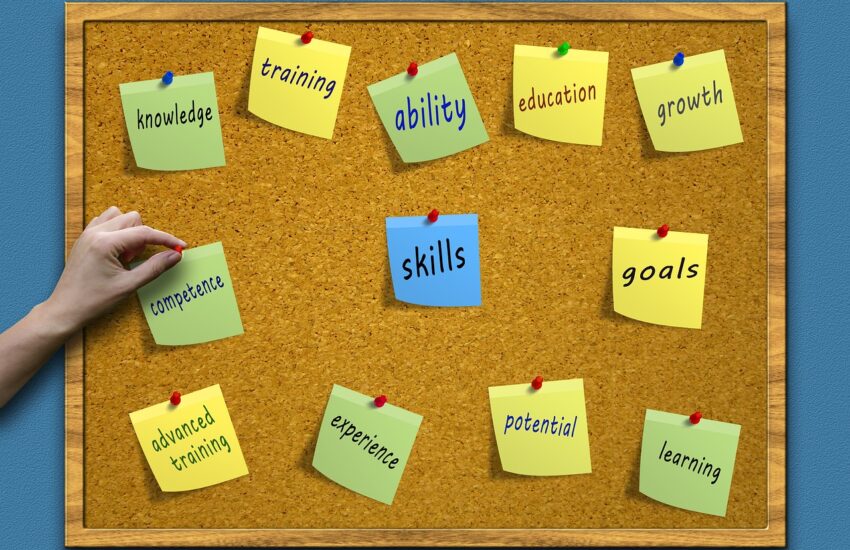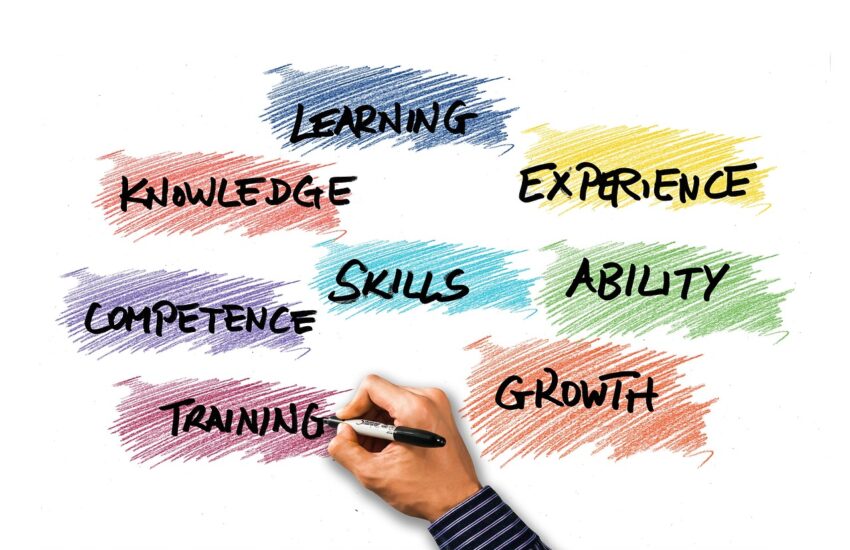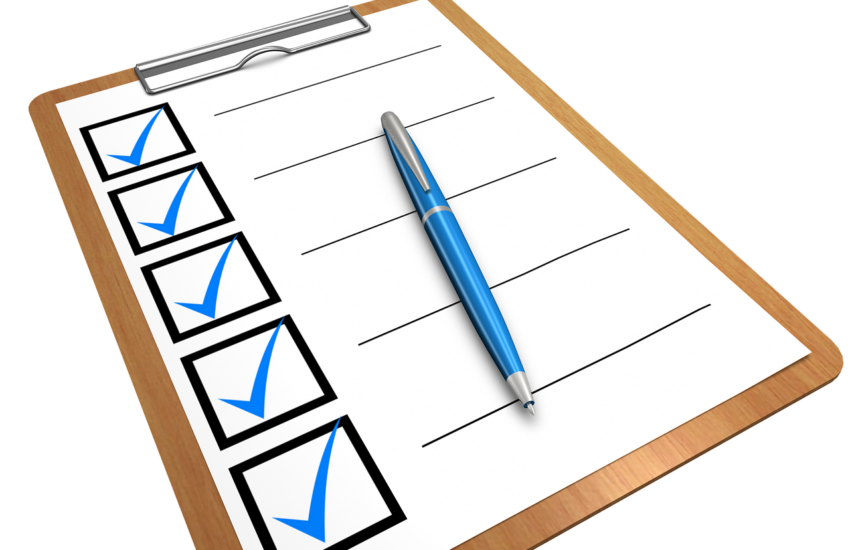It’s been exactly one year since Prof. Barbara Kozushnik appeared as a member at the Annual ENOP 2023 Symposium “Trust and Morality in a Post-Truth World.” The conference was held March 23-24, 2023 in Paris. As the UN opens to receive the support and expert insights of psychologists on the well-being of citizens and workers in a post-pandemic world (IAAP 2023), this symposium aimed to reveal current evidence on trust and moral agency in today’s workplaces. Presentations were designed to familiarize ENOP members with the emerging evidence and provide a forum to discuss both the policy and practical implications of
...............



